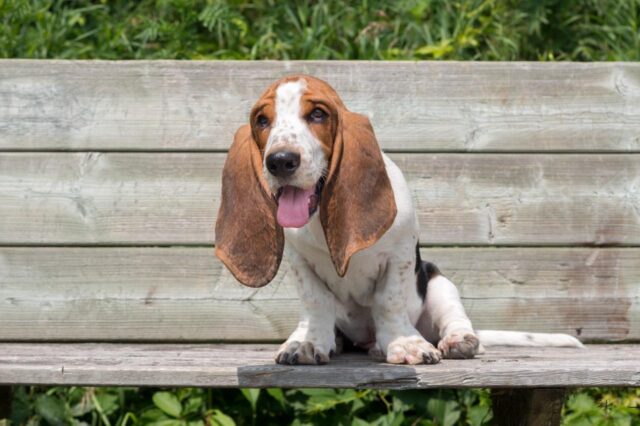
Dogs have diverse personalities, and their eating habits vary greatly depending on the breed. While most dogs have standard eating patterns, some breeds display quirky or unusual behaviors that make them stand out. These strange habits often amuse and concern owners, whether it’s their approach to mealtime, pickiness, or a tendency to eat things they shouldn’t. Managing these behaviors is important to ensure they stay healthy and maintain a balanced diet. Understanding each breed’s unique eating tendencies helps keep them happy and well-nourished.
Beagle
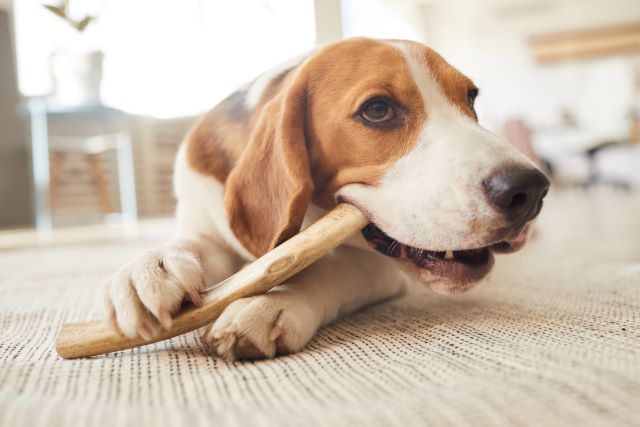 Shutterstock
Shutterstock
Beagles are known for their incredible sense of smell, often leading to unusual eating habits. Originally bred as scent hounds, Beagles are prone to following their noses and eating almost anything. Whether it’s food on the ground, garbage, or even non-food items, Beagles have a reputation for scavenging. Their strong appetite can sometimes lead them to overeat, which can cause health problems like obesity. Beagle owners need to be vigilant about their dog’s diet and ensure they don’t get into food or other objects that could be harmful.
Pug
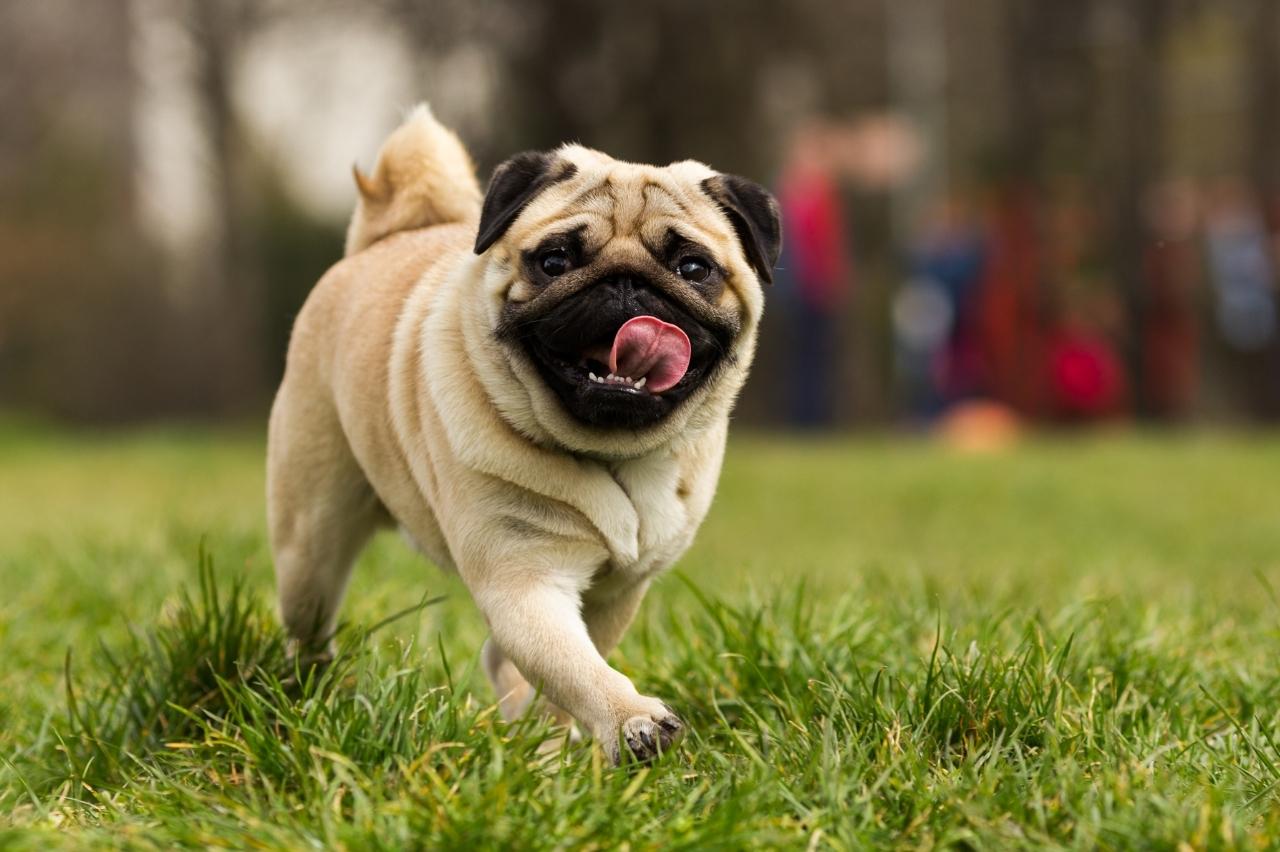 Shutterstock
Shutterstock
Pugs are notorious for their love of food, and their overeating habits are well-documented. These small, charming dogs have a tendency to eat everything in sight, often without stopping when full. Pugs can easily gain weight if their diet isn’t carefully controlled, leading to potential health issues such as obesity and breathing difficulties due to their brachycephalic (flat-faced) anatomy. Additionally, Pugs are known to beg for food persistently, and their owners often find it hard to resist those big, pleading eyes. This combination of food obsession and overeating makes Pugs one of the breeds with the strangest eating habits.
Dachshund
 Shutterstock
Shutterstock
Dachshunds, with their long bodies and short legs, are also known for their peculiar eating habits. These little dogs have a big appetite, and they’re not shy about using their persistence to get what they want. Dachshunds are prone to gobbling down their food quickly, often not chewing properly, which can lead to digestive problems like bloat or choking. Their love for food can make them overeat, especially if they aren’t given portion-controlled meals. Owners need to monitor their diet closely, as Dachshunds are also prone to obesity due to their small size and high-calorie intake.
Labrador Retriever
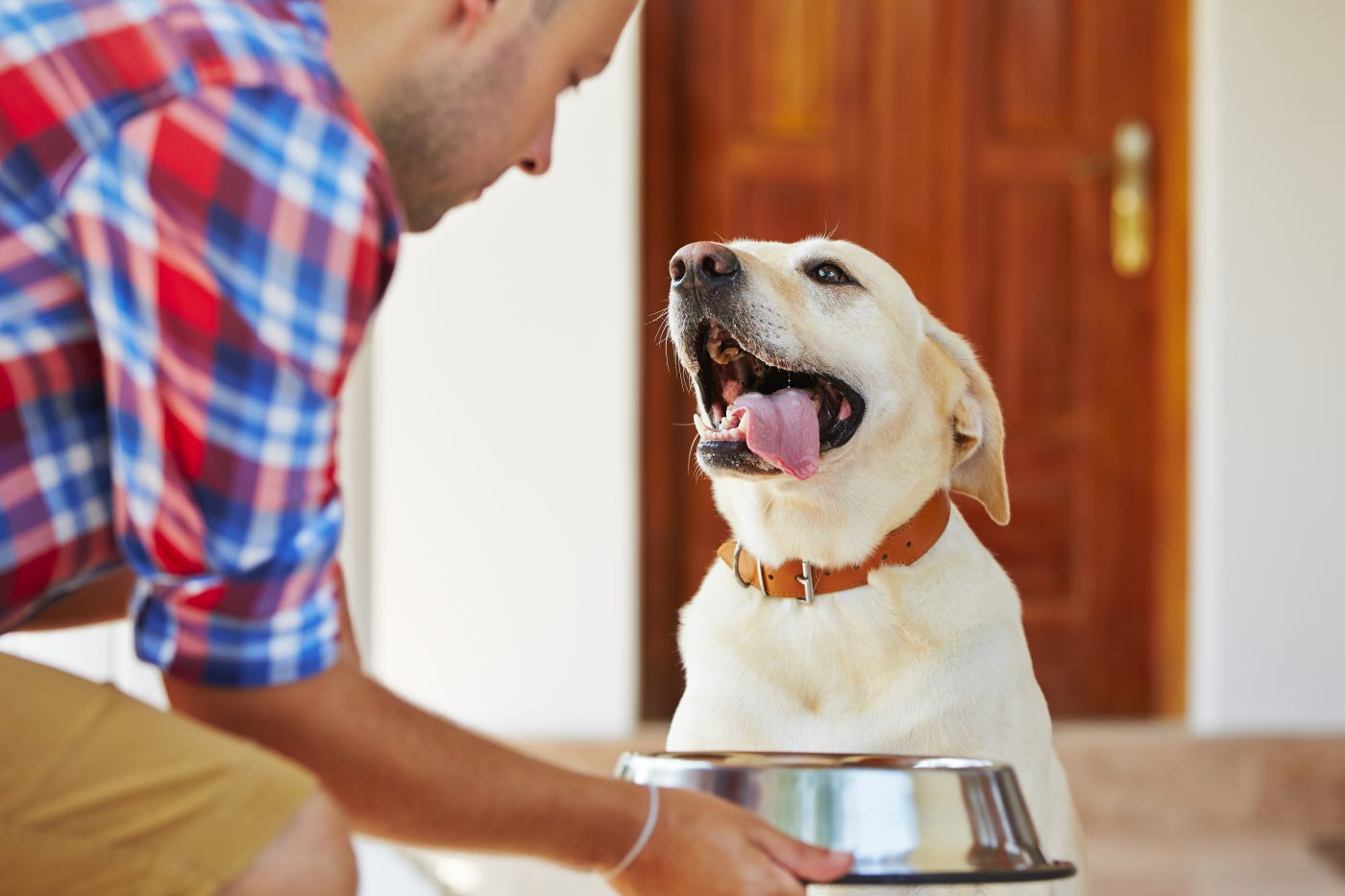 Shutterstock
Shutterstock
Labrador Retrievers are one of the most popular dog breeds but have some of the strangest eating habits. Labradors are known for their insatiable appetite, often eating anything and everything they can find. Their strong food drive can lead them to steal food from counters, eat non-food items, and even scavenge when outdoors. Labradors rarely seem to feel full, and this can cause them to overeat, which increases the risk of obesity. Despite their high energy levels, their tendency to overeat means that owners must control portion sizes and limit access to food carefully.
Bull Terrier
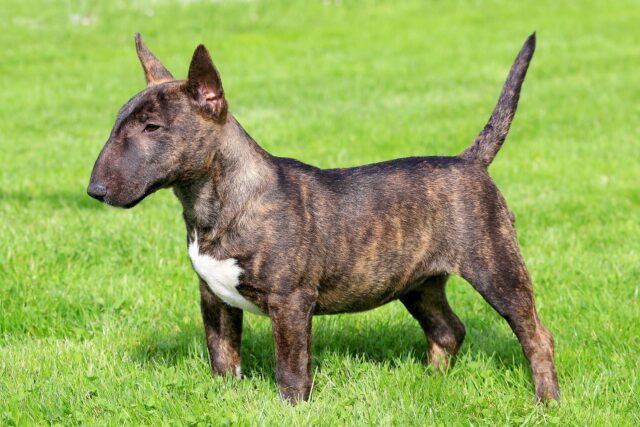 Shutterstock
Shutterstock
Bull Terriers are playful, energetic dogs with quirky personalities, which extends to their eating habits. These dogs have a tendency to chew on strange items, including non-food objects like furniture, toys, or even rocks. This behavior, known as pica, can be dangerous if they swallow something harmful. Bull Terriers also tend to be picky eaters regarding their regular meals, often refusing food or showing little interest in eating. Their unusual eating behaviors require extra attention from owners, as their tendency to eat non-food items can lead to digestive issues or other health concerns.
Basset Hound
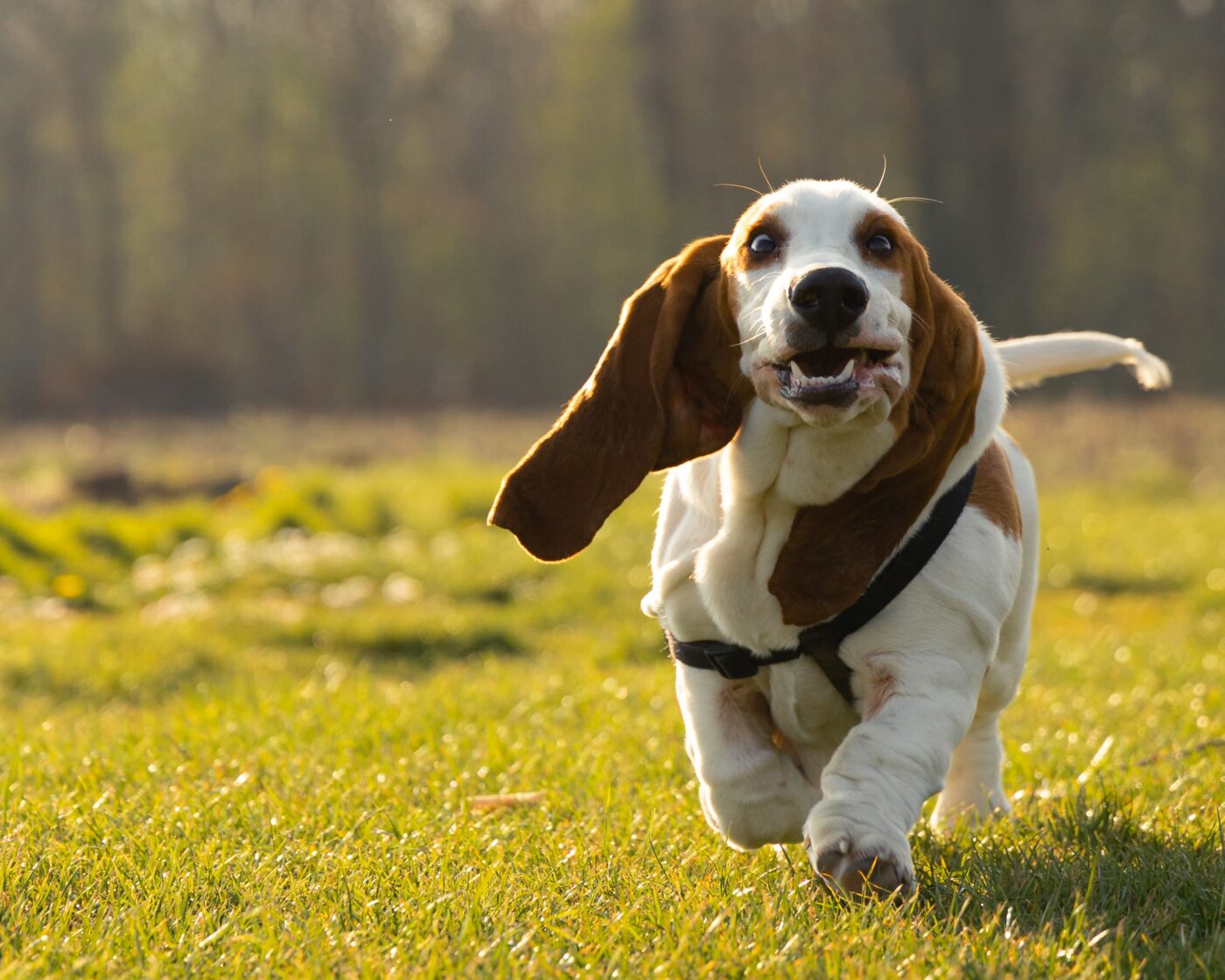 Shutterstock
Shutterstock
Basset Hounds are another scent-driven breed that has developed strange eating habits. Like Beagles, Basset Hounds are prone to following their noses and eating whatever they come across. Their strong sense of smell leads them to scavenge for food, and they may try to eat items unsuitable for consumption, such as garbage or plants. Basset Hounds also have a tendency to eat quickly, which can cause them to overeat or develop gastrointestinal issues. Their droopy faces and laid-back nature make them appear slow and calm, but they are surprisingly opportunistic eaters when it comes to food.
Shih Tzu
 Shutterstock
Shutterstock
Shih Tzus are small dogs with a big personality, and their eating habits can be just as unique. Many Shih Tzus are known to be picky eaters, often refusing food or showing little interest in their meals. Owners frequently struggle to find the right type of food that their Shih Tzu will consistently eat. On the other hand, some Shih Tzus have a tendency to overeat, especially if given treats or table scraps, which can lead to weight gain. Their finicky eating habits can challenge mealtimes, but they can be more consistent once they find a food they enjoy.
Cavalier King Charles Spaniel
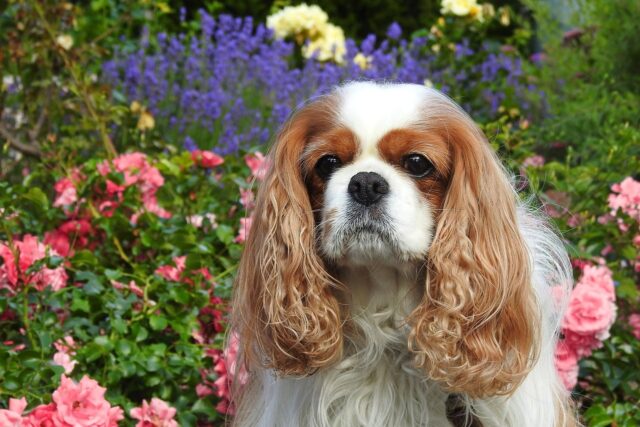 Shutterstock
Shutterstock
Cavalier King Charles Spaniels are gentle and affectionate dogs, but they can also have strange eating habits. Many Cavaliers are known to be fussy eaters, often turning their noses up at food they don’t like. This pickiness can make it difficult for owners to find a diet that keeps their dogs healthy and satisfied. Cavaliers also have a tendency to beg for food, and their loving nature makes it hard for owners to resist sharing human food with them. However, feeding them too many treats or table scraps can lead to digestive problems and weight gain.
Chihuahua
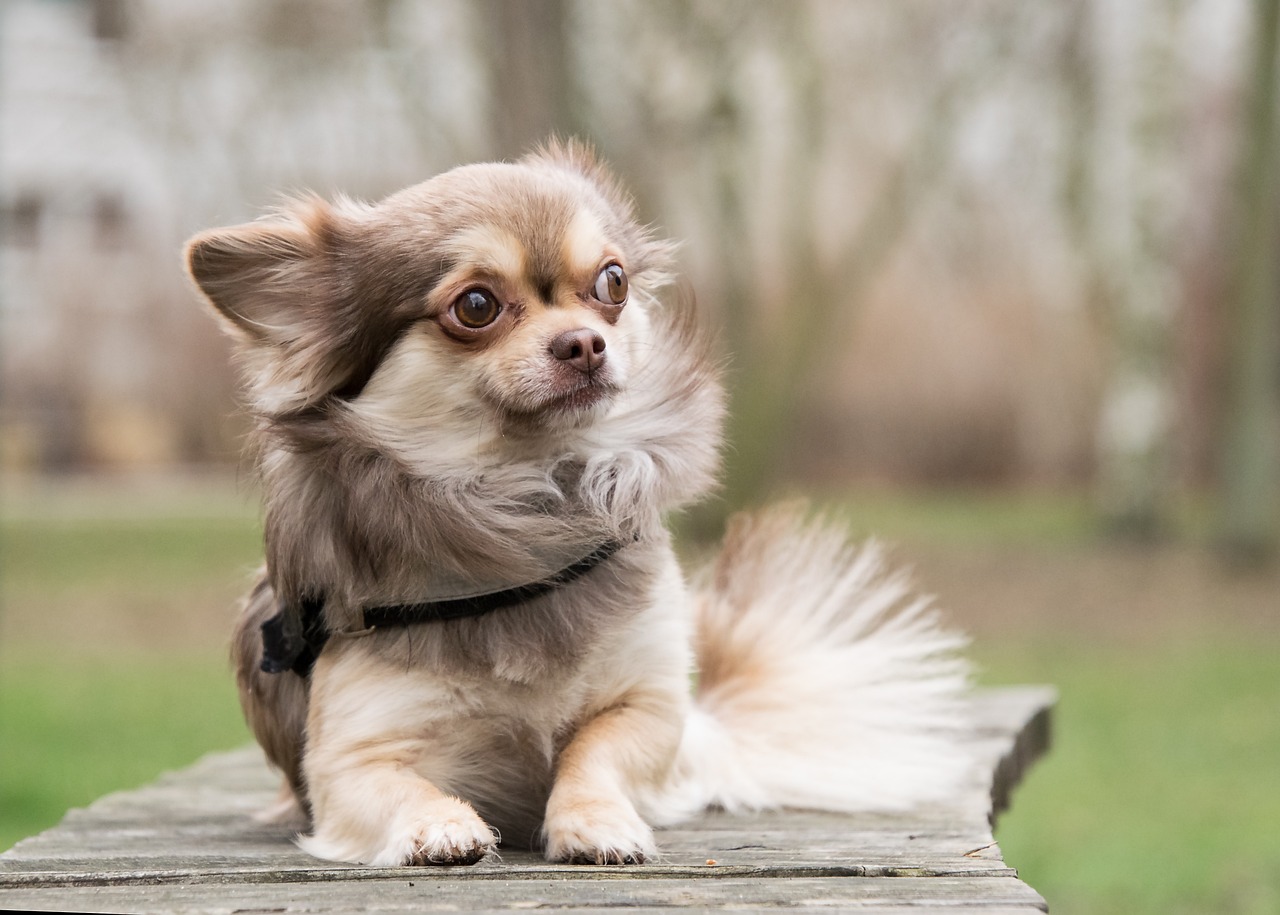 Shutterstock
Shutterstock
Chihuahuas may be small, but their eating habits can be surprisingly strange. Some Chihuahuas are extremely picky eaters, refusing food or only eating in specific conditions, such as when their owner is present, or their food is presented in a particular way. Other Chihuahuas may eat too quickly, leading to digestive problems like indigestion or choking. Their small size also means they have delicate digestive systems, so feeding them the right portion size and type of food is essential. Chihuahuas’ quirky eating habits often require extra attention from their owners to ensure they stay healthy and well-fed.
Unique Eaters, Unique Challenges
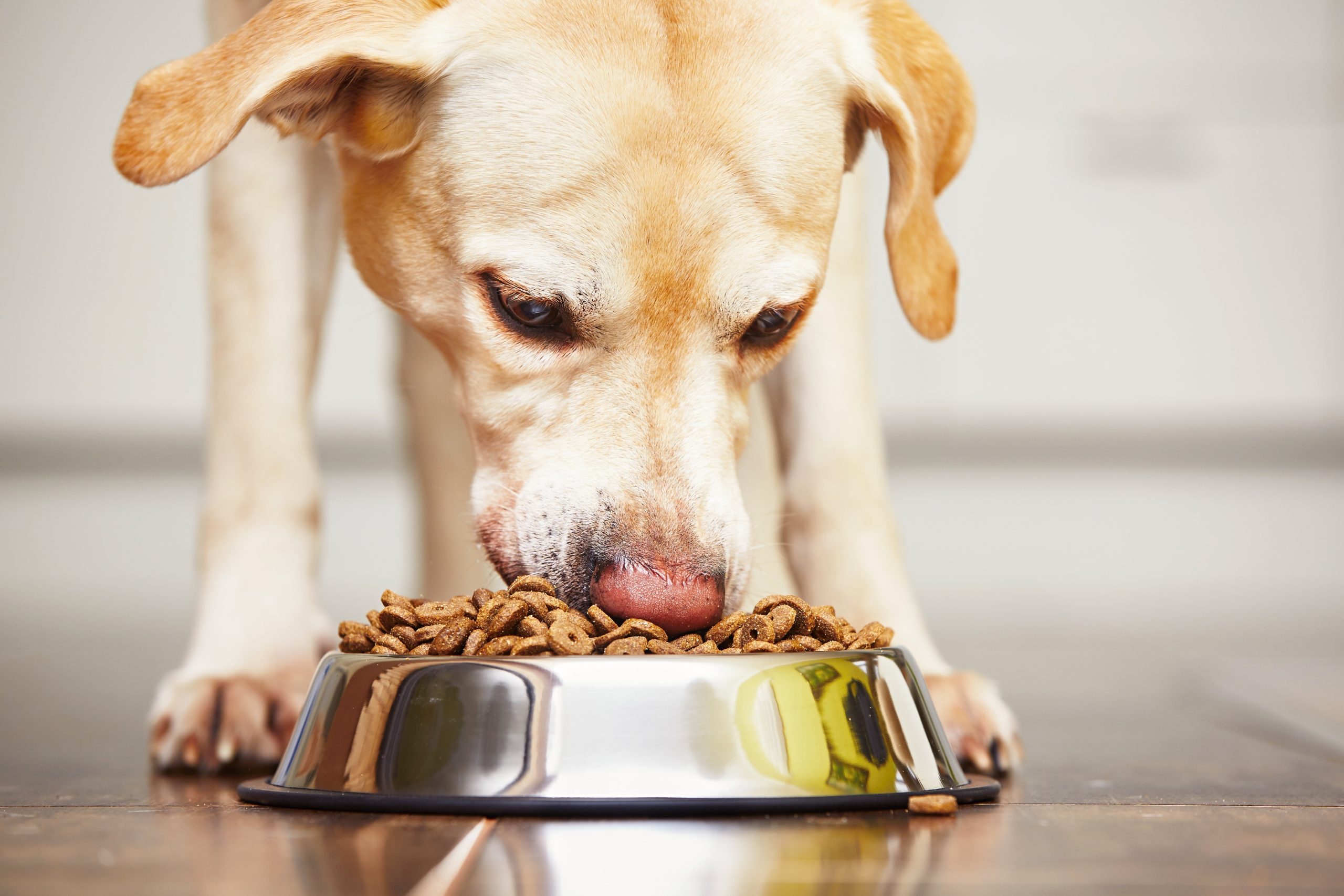 Shutterstock
Shutterstock
These dog breeds each display unique and sometimes strange eating habits, whether overeating, being particularly picky, or consuming non-food items. While these behaviors can be amusing, owners must carefully manage their diets and pay attention to their feeding routines. Understanding these unusual tendencies is essential for keeping these dogs healthy and maintaining a nutritious diet. With the right care and attention, even the quirkiest eaters can lead a happy and healthy life, making them wonderful companions despite their odd eating habits.
 Toledo, United States.
Toledo, United States.